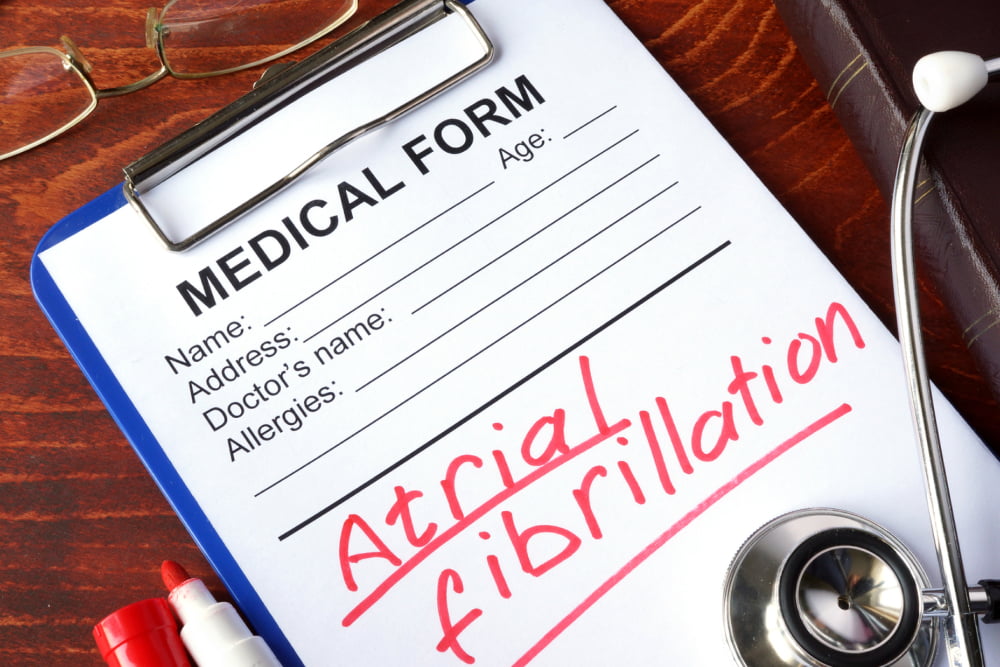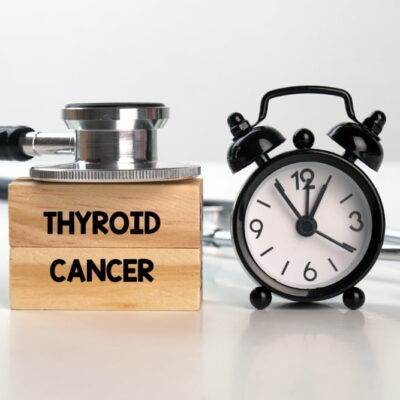
6 Common Atrial Fibrillation Symptoms
AF, or atrial fibrillation, is the most prevalent kind of treated heart arrhythmia. Arrhythmia occurs when one’s heart beats too fast, too slowly, or irregularly. In people with atrial fibrillation, the typical beating is irregular in the heart’s upper chambers, and the blood flow from the atria to the lower chambers is not as expected. It might either be a permanent condition or occur in brief episodes. Below are some prevalent symptoms to know of.
1. Angina or chest pain
Angina refers to chest pain stemming from reduced blood flow to the heart. One will experience it as squeezing or pressure. The pain spreads to the ears, neck, arms, and upper back. The symptoms may come and go or last for a while, and the pain may subside with resting. When one has angina, pay close attention to the below-listed factors and discuss them with a healthcare provider:
- The origin of the pain
- The sensation it produces
- The duration of its occurrence
- Any alleviating factors
Angina pain can resemble the chest pain one experiences during a heart attack. One must immediately get medical help if one has the following angina symptoms.
- Occurs unpredictably
- It lasts longer than typical
- Happens while resting
- Changes suddenly
2. Fainting or dizziness
When the heart does not function as well as it should, the rest of the body, including the brain, does not receive adequate blood, leading to lightheadedness or dizzy spells. Dizziness stemming from atrial fibrillation may be severe or mild and may result in vomiting or nausea. Severe episodes might even result in fainting or a temporary loss of consciousness. Whenever one faints or feels dizzy, lie down or sit. It can make one feel better and prevent any plausible injury from falling.
3. Weakness or fatigue
When the heart fails to pump as well as it must, it cannot supply adequate oxygenated blood to the body’s organs. It can result in fatigue, even when resting or after a minor activity. While it is okay to feel tired from time to time, if fatigue stems from atrial fibrillation, it is characterized by:
- Constant weariness
- Feeling drained
- Experiencing exhaustion
- Extreme tiredness
- Lack of energy
4. Exercise intolerance
Typically, the first atrial fibrillation that becomes apparent is exercise intolerance. One will struggle with finishing one’s usual workout routine or feel severely exhausted following one’s routine exercise. Studies suggest that there can be multiple explanations for one’s workouts feeling more challenging.
When one indulges in physical activity, one’s heart has to keep up with how much blood flow the body requires. But when one has atrial fibrillation, the heart fails to respond well to the spike in the heart rate while exercising. Moreover, atrial fibrillation also impairs the heart’s ability to pump blood effectively, causing increased pressure when the heart rate is high.
5. Palpitations
It is another common atrial fibrillation symptom wherein one experiences an irregular, rapid, or skipped heartbeat. It can result in a fluttering sensation in the chest, making the beats feel irregular.
6. Shortness of breath
When the heart fails to pump blood as effectively as it must, it causes a fluid buildup in the lungs. It leads to shortness of breath, even during routine activities. It may leave one breathless and cause heaviness in the lungs or chest.


